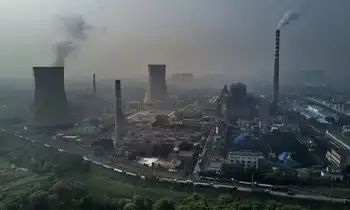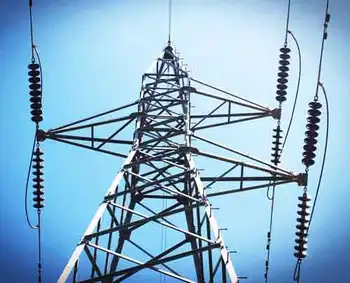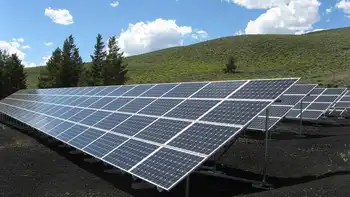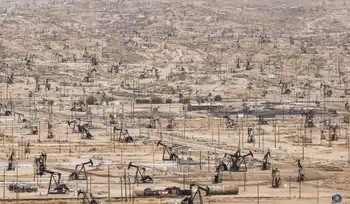Iran okays UN nuclear inspections
It also said Tehran was ready to answer key questions on past suspicious experiments that the international community fears could be linked to a weapons program.
The IAEA – the U.N. nuclear monitor – said Iran promised the concessions in a meeting between its officials and a senior delegation from the Vienna-based agency.
Years of Iranian stonewalling have left the IAEA unable to ascertain whether Tehran is telling the truth in asserting that it has no nuclear weapons ambitions and that its atomic activities are meant strictly to generate power. Its refusal to cooperate with the agency was the trigger that prompted U.N. Security Council involvement last year that led to two sets of sanctions.
Any decision by the Islamic republic to end its foot dragging and cooperate with the agency would thus be a major compromise on its part. As such, it could weaken a push by the United States and its Western allies on the council to impose new U.N. sanctions – even if Tehran continues to defy the council's main demand that it freeze its uranium enrichment program.
In talks between Iranian officials and IAEA Deputy Director General Olli Heinonen, "agreement was reached on... a visit of agency inspectors the heavy water research reactor at Arak by the end of July," said a statement from the Vienna-based agency.
The two sides also agreed on how "to resolve reaming issues regarding Iran's past plutonium experiments;" appointing new inspectors in the place of those banned by Iran earlier this year; finalizing ways of fuller IAEA supervision of uranium enrichment activities, and "clarifying the open issues regarding associated with the score and content of Iran's enrichment program," said the statement.
The "open issues" include "uranium contamination found on equipment at a specific location," said the agency, alluding to traces of enriched uranium at a military site – which could indicate links to a weapons program – as "well as studies related to specified projects," again shorthand for nuclear work that could have military applications.
Related News

Global use of coal-fired electricity set for biggest fall this year
LONDON - The world’s use of coal-fired electricity is on track for its biggest annual fall on record this year after more than four decades of near-uninterrupted growth that has stoked the global climate crisis.
Data shows that coal-fired electricity is expected to fall by 3% in 2019, or more than the combined coal generation in Germany, Spain and the UK last year and could help stall the world’s rising carbon emissions this year.
The steepest global slump on record is likely to emerge in 2019 as India’s reliance on coal power falls for the first time in at least three decades…





